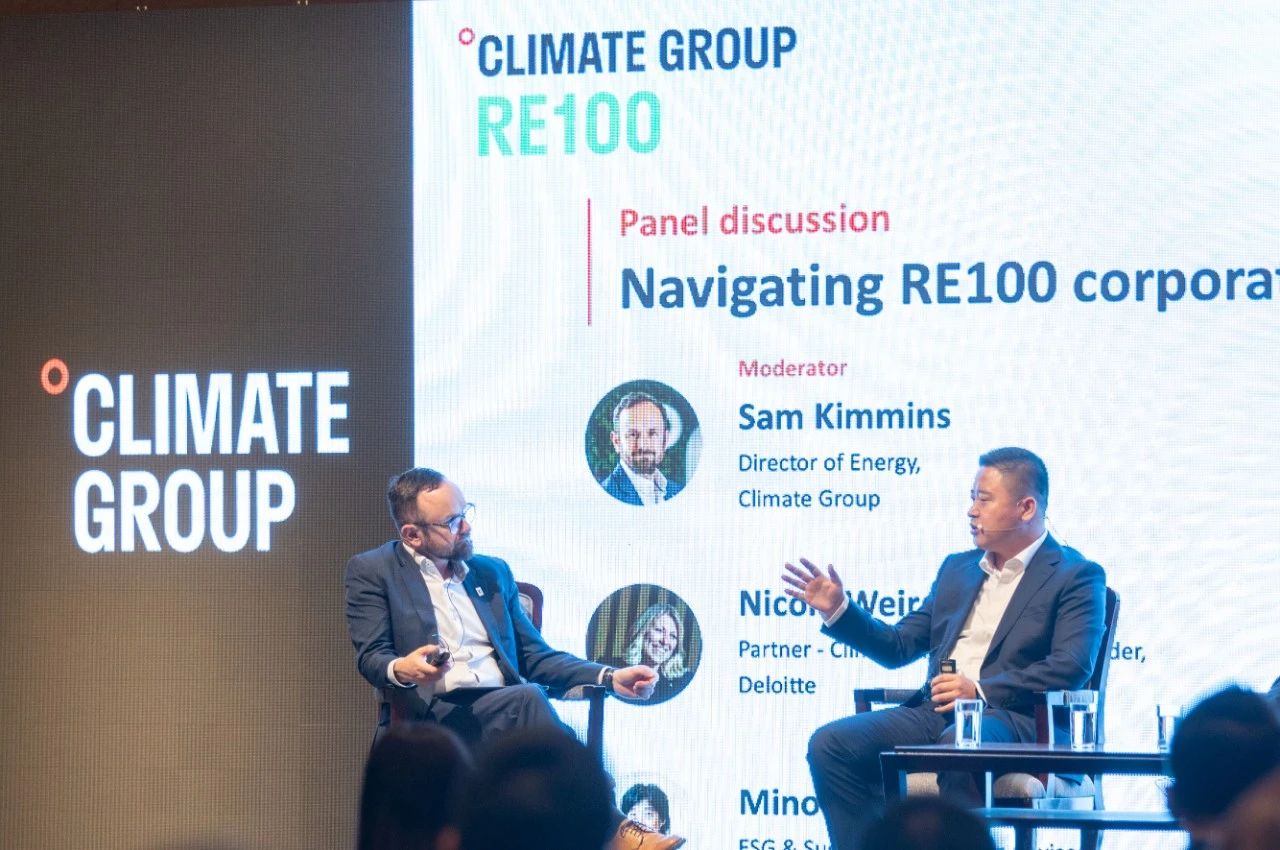In recent years, the concept of ESG, which consists of environment, society and governance, has increasingly become a global consensus and a common system for evaluating the sustainable development and social responsibility of enterprises. As an industry leader, SKF is aware of its heavy responsibility, and with its deep historical background and forward-looking strategy, it has long established ‘smart’ and ‘clean’ as the direction of its own development, and deepened sustainable development into its genes.
SKF’s role:
Ploughing into the ESG ecosystem and contributing to China’s high-quality development
On 13 May, the ESG Action Report for Foreign Enterprises in China was released, researched and compiled by CCTV in collaboration with the Institute of Economic Research of the Chinese Academy of Social Sciences, the China Society for Enterprise Reform and Development, and other authoritative institutions. The report focuses on how foreign enterprises in China can fully embrace the new opportunities of Chinese-style modernisation and development, practice ESG concepts in depth, and inject new momentum for the high-quality development of China’s economy.
As a foreign enterprise in China, SKF has demonstrated its sense of responsibility and foresight as an industry leader in ESG construction, and has continued to cooperate and exchange ideas with the government, colleges and universities as well as NGOs. While promoting economic cooperation between multinational corporations and China, SKF is also exploring new paths of cooperation in the field of ESG, so as to promote globalisation and cooperation to a deeper level of development.
ESG is an important cornerstone for future-oriented high-quality development of enterprises. As a leading enterprise in the industry, SKF is well aware of the important responsibility it shoulders, and has deeply rooted the concept of sustainable development in its corporate development and management system, effectively promoted ESG practices, and deeply cultivated the ESG ecosystem.
–Zhao Qingtao, Vice President of SKF China
Green development requires close collaboration across the entire value chain, from upstream supply to manufacturing, product application and recycling, covering the entire product life cycle. In order to achieve this goal, SKF has been committed to implementing smart and clean development strategies in its own operations, customer empowerment, supply chain management and other dimensions.

SKF Action:
Global Vision, Local Practice.
Co-creating a sustainable future on all fronts
As the world’s largest energy consumer, Asia is facing the impacts of climate change, and the Climate Group’s Renewable Energy Growth Forum for Asia was held in Seoul, Korea, on 21 May to discuss practical solutions for renewable energy growth and to address existing barriers to sustainable change in the Asia-Pacific region.

As a key member of the RE100 initiative, SKF not only shared its local practices in promoting renewable energy and achieving net-zero emissions, but also demonstrated its leadership as a sustainability pioneer at the forum.
In the face of climate change, SKF is committed to fully decarbonising the manufacturing end by 2030 and achieving net-zero emissions in the entire supply chain from raw materials to delivery of finished products to customers by 2050. Both targets are now SBTi certified.
–Junfeng Wang, Head of EHS and Zero Carbon, SKF China
SKF believes that renewable energy is not only good for the planet, but also good for business. It helps us to reduce our carbon footprint, lower our energy costs and improve our corporate reputation. Currently, SKF is working towards net-zero emissions and supports customers and suppliers upstream and downstream to do the same.
During the summit, Wang Junfeng focused on sharing relevant sustainability initiatives that SKF is undertaking in China. From zero renewable energy use in China by 2020, SKF has achieved 100 per cent renewable electricity in six plants this year, and 83 per cent of power consumption in China comes from renewable electricity.

In September 2020, China introduced the ‘3060 goal’. This change has given SKF more options for renewable power. Accompanied by increasingly open power market-based trading policies around the world, SKF’s utilisation of renewable power is increasing rapidly. Especially relying on the global leadership of domestic photovoltaic technology and capacity, SKF cooperates with partners to invest in distributed photovoltaic projects in factories to help develop renewable energy and share the long-term benefits of environmental and economic benefits.
By the end of 2023, SKF has installed 27MW of in-plant distributed PV, generating more than 26GWh of renewable energy per year, saving at least $6 million per year in energy costs and reducing CO2 emissions by more than 11,000 tonnes per year.
Looking ahead, SKF will take a more open and pragmatic approach to collaborate with partners from upstream and downstream of the bearing industry chain to build a zero-carbon ecosystem covering the entire life cycle of bearing products. Driven by knowledge, technology and data, SKF will join hands with more customers and partners to jointly promote China and the world in a smarter and more sustainable direction, and establish a ‘green’ world with reliable operation.Edit